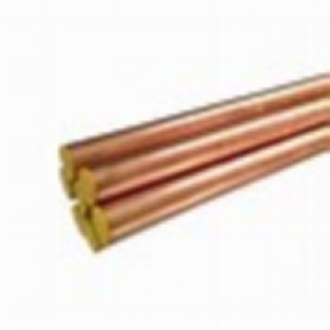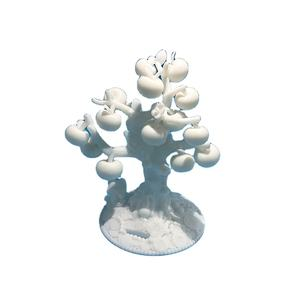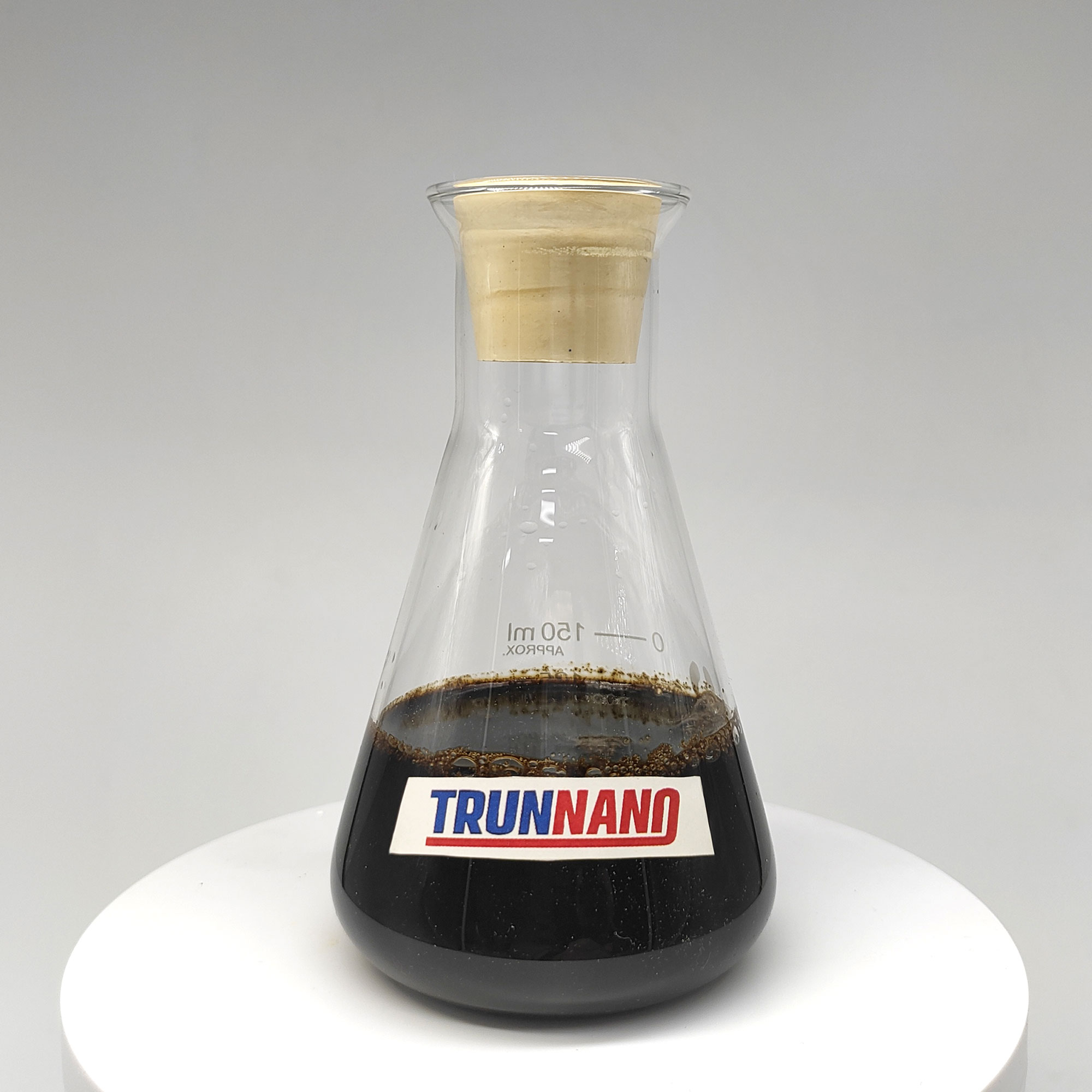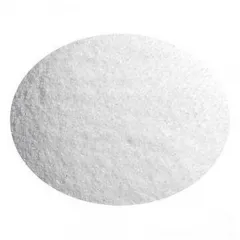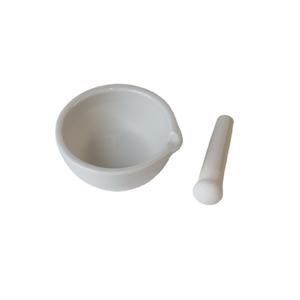Technical Parameters of Powdered Instant Salt Silicate (CAS 1344-09-8)
(Technical Parameters of Powdered Instant Sodium Silicate (CAS 1344-09-8))
Keep in mind: We can additionally tailor salt silicate powder with moduli of 2.45, 2.5, and 3.4 according to your needs.
Our Series Of Sodium Silicate Moduli
We provide powdered split second sodium silicate with moduli ranging from 2.0 to 3.3. Additionally, we can personalize salt silicate powder with moduli of 2.45, 2.5, and 3.4 to satisfy your details requirements.
Intro
In an age where environmental sustainability and protection are significantly prioritized, salt silicate, additionally known as water glass or soluble glass, has actually ended up being a subject of significant passion across different sectors. This versatile not natural substance is vital in building and construction, paper production, and the solution of cleaning agents. The gradual phase-out of traditional phosphorus-based detergent ingredients, such as sodium tripolyphosphate (STPP), because of their hazardous influence on marine settings, has developed a pushing demand for efficient and eco-friendly choices. Salt silicate, with its distinct properties, has actually emerged as a practical and appealing alternative.
Market Possible
2.1 International Demand Trends
The global market for focused artificial detergents is experiencing steady growth, especially with the increasing appeal of ultra-concentrated powders. In 2000 alone, it was estimated that at the very least 230,000 tons of salt silicate were needed to meet the need. Given the present minimal worldwide supply, there is a significant void between supply and need, indicating substantial growth possibility. As consumers progressively look for top notch and environmentally friendly products, the market for sodium silicate is expected to expand substantially.
2.2 International Competitive Position
Chinese-produced sodium silicate usually provides a much more competitive price and similar, otherwise remarkable, quality compared to comparable products manufactured internationally. For instance, the FOB price of salt silicate in the USA is around $51.15 per 100 pounds, while costs in Europe are even greater. This cost advantage placements Chinese producers positively in the global market. By constantly introducing and improving product high quality, Chinese makers have the opportunity to catch a bigger share of the international market.
Review of Salt Silicate
Sodium silicate is a compound composed of silicon dioxide (SiO โ) and sodium oxide (Na โ O), usually stood for by the formula Na โ O ยท nSiO โ, where n differs relying on the particular type. It is known for its great solubility, high pH level, and superb cleaning residential or commercial properties, making it an excellent additive for cleaning agents. Past its use in detergents, sodium silicate is extensively used in the building and construction market, such as in waterproofing materials and sealants. In the paper industry, it boosts the toughness and level of smoothness of paper. In addition, it finds applications in fabric dyeing, oil extraction, and various other industries.
Manufacturing Refine
1. Preparation of Raw Products: The procedure begins with the selection of ideal basic materials, including silica sand or soluble glass, along with caustic soft drink.
2. Dissolution Phase: The raw materials are blended and warmed to a proper temperature to assist in dissolution, making certain extensive mixing of all parts.
3. Formation Control: Certain conditions are regulated to promote the formation of desired crystal frameworks in the option. Temperature level and pressure parameters must be specifically managed throughout this stage.
4. Purification and Purification: A plate and framework filter press is utilized to get rid of surplus moisture and pollutants, thus assuring the final product’s purity.
5. Drying out and Forming: Spray drying innovation is used to decrease the dampness material even more, resulting in a powder form that is easy to shop and transportation.
Financial Analysis
From a monetary viewpoint, the manufacturing of salt silicate offers clear advantages. For a plant with a yearly capability of 5,000 heaps, the expense break down is as complies with:
1. Variable Prices: Approximately $346.71 per bunch, that includes resources (silica sand/soluble glass and caustic soda), power intake (electrical power and gas), and labor prices.
2. Fixed Prices: Around $141,400 yearly, covering depreciation of fixed properties, upkeep, management costs, financing rate of interest, and various other costs.
3. Overall Costs: The consolidated total cost is estimated at $385.71 per load.
4. Sales Income: With an estimated asking price of 642.86 perton, theprofitmarginpertonwouldbeapproximately642.86 perton, theprofitmarginpertonwouldbeapproximately257.15.
5. Economic Perks: The task might generate annual profits of around 3.21 million, contributingroughly3.21 million, contributingroughly1.29 million in tax obligation profits.
This economic evaluation suggests that salt silicate not only supplies considerable technical benefits but is likewise very financially viable. For producing companies, investing in the production and promotion of sodium silicate can produce considerable financial returns while enhancing their business social obligation picture.
( sodium silicate)
Verdict
In recap, sodium silicate, with its remarkable technological efficiency and low production prices, holds great prospective as a substitute for traditional phosphorus-based additives. As ecological guidelines become stricter and consumer need for high-grade, environment-friendly items grows, increasing the research, growth, and commercialization of salt silicate will be vital for transforming the global cleaning agent sector. For financiers, entering this field not just sustains corporate social obligation but also assures attractive economic returns and social advantages. With ongoing technological developments and an increasing market, the prospective uses of sodium silicate are extensive and value further exploration and development by sector stakeholders and research study organizations.
Top notch Sodium Silicate provider
TRUNNANO is a supplier of Sodium Silicate Materials with over 12 years of experience in nano-building energy conservation and nanotechnology development. It accepts payment via Credit Card, T/T, West Union and Paypal. Trunnano will ship the goods to customers overseas through FedEx, DHL, by air, or by sea. If you want to know more about diy sodium silicate, please feel free to contact us and send an inquiry(sales5@nanotrun.com).
All articles and pictures are from the Internet. If there are any copyright issues, please contact us in time to delete.
Inquiry us


